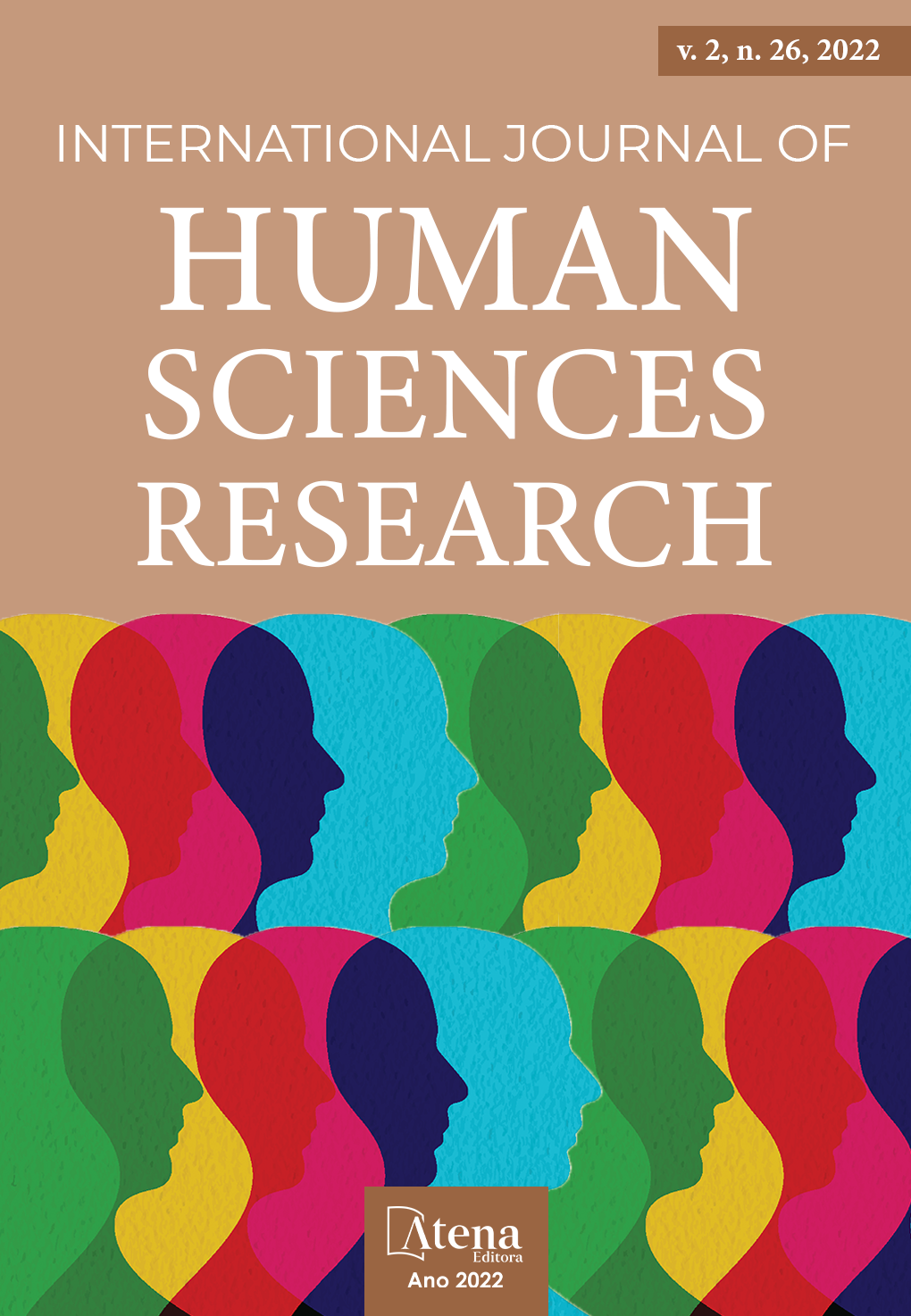
BIOETHICS IN SCIENTIFIC EDUCATION: THE IMPORTANCE OF EMPATHY IN THE LEARNING PROCESS
When we follow the origins of the feeling of morality and its unfolding in different human societies, we can see that, at its center, is the problem of violence and the means to avoid it, reduce it or control it. Therefore, through a study of reality and our biological aptitudes for altruistic behavior, we can observe the importance of empathy to human and scientific development. Bioethics seeks precisely to reduce the damage caused by man to other animals and to himself. And since empathy works similarly among animals of greater affinity, people who limit their moral considerations to the boundaries of their human community tend to be more indifferent to the suffering of these animals. Therefore, a society that represses our moral considerations and puts our mental health at risk, can at some point produce a population indifferent to suffering, making acts of violence common, contributing to an inhumane education, and in a specific case, it can also contribute for an inhuman science. Guided by Bioethics, this article presents an analysis of biological and philosophical contributions to the moral consideration of non-human animals, and had as objectives; to evaluate the knowledge and opinions of university students in relation to ethics and animal experimentation in their appropriate courses, to verify the existence of relationships between the opinions and empathy responses of beginning and final students regarding animal experimentation, and to verify the existence of relationships between variations in empathetic responses to speciesism.
BIOETHICS IN SCIENTIFIC EDUCATION: THE IMPORTANCE OF EMPATHY IN THE LEARNING PROCESS
-
DOI: 10.22533/at.ed.5582262218082
-
Palavras-chave: Education; animals; experimentation; ethic; empathy
-
Keywords: Education; animals; experimentation; ethic; empathy
-
Abstract:
When we follow the origins of the feeling of morality and its unfolding in different human societies, we can see that, at its center, is the problem of violence and the means to avoid it, reduce it or control it. Therefore, through a study of reality and our biological aptitudes for altruistic behavior, we can observe the importance of empathy to human and scientific development. Bioethics seeks precisely to reduce the damage caused by man to other animals and to himself. And since empathy works similarly among animals of greater affinity, people who limit their moral considerations to the boundaries of their human community tend to be more indifferent to the suffering of these animals. Therefore, a society that represses our moral considerations and puts our mental health at risk, can at some point produce a population indifferent to suffering, making acts of violence common, contributing to an inhumane education, and in a specific case, it can also contribute for an inhuman science. Guided by Bioethics, this article presents an analysis of biological and philosophical contributions to the moral consideration of non-human animals, and had as objectives; to evaluate the knowledge and opinions of university students in relation to ethics and animal experimentation in their appropriate courses, to verify the existence of relationships between the opinions and empathy responses of beginning and final students regarding animal experimentation, and to verify the existence of relationships between variations in empathetic responses to speciesism.
-
Número de páginas: 24
- Vinícius Lurentt Bourguignon


